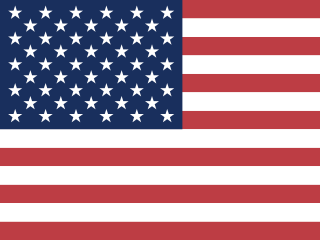Nowadays, hair has become as important as appearance and body shape. If you have thick and flowing hair, you are basically more popular than a person who has less hair . This situation has made businessmen very smart and they have started selling various types of shampoos. But with such a variety of types, are you wise enough to choose the one that suits you perfectly?
The most basic ingredients of general shampoo are: water, surfactants, conditioning agents, additives, preservatives, flavors, colorants, and thickening ingredients. Now, we are going to tell you some specific knowledge about shampoo ingredients to help you choose the right shampoo through this aspect.

Surfactant: Determine whether it is a mild and low-irritation type.
It is the most important ingredient in the shampoo formula, besides water, accounting for 60% - 80% of the proportion. The general product has sulfate as the main active ingredient, it has a strong cleansing power and rightfully so, it is very irritating to the scalp. Two types are included: ammonium salts and sodium salts. While ammonium lauryl sulfate was popular in previous years, the current mainstream is the sodium salt, sodium laureth sulfate, and sulfate-free shampoos are prevalent.
Another type of surfactant is amino acid table activation. Due to its higher cost, it is used more in high-end products and baby products. Its cleaning ability is a little weaker than sulfate, but it can meet daily needs and is gentler and healthier than sulfate from a safety and health perspective.
The scalp is the thinnest piece of skin on the body, more delicate than the facial skin, so it needs gentle care.
If your scalp is sensitive, please avoid anionic table live that has too much cleansing power. There are also harsh ingredients such as salicylic acid, and nipagin ester-based preservatives. Instead, what you can choose is a gentle cleansing amino acid surface activity, as well as the addition of soothing and anti-allergic ingredients such as red myrrh alcohol and dipotassium glycyrrhizate, which are also used in anti-allergy skin care products and will have some effect.

Silicone oil: determine if it can make your hair smooth.
The role of silicone oil: on the one hand, can make the hair washed hair scales gap replenished, while forming a film, effectively locking moisture, thus making the hair smoother, but on the other hand ,more and more people declare that there is a risk of silicone oil accumulation, resulting in greasy hair.
The truth is that silicone oil is a macromolecular substance that is not absorbed by the hair follicles. There is not much silicone oil in shampoo, and with the cleansing effect of surfactants and a lot of water rinsing, it basically does not remain on the head.
Whether you choose to use a shampoo with or without silicones, it still depends on your hair type. If your hair is soft, it is still recommended that you choose the one without added silicone.

Preservatives: Determine if it contains preservatives that are banned by regulations or used in strict limits.
Don't be afraid of preservatives. Preservatives are to enable shampoos to be preserved for a certain period of time, and generally speaking, not too much is added. In this case, you just need to pay attention to whether it exceeds the standard.

Functional components: Different ingredient formulations are added according to different effects. For example, anti-dandruff (ZPT, OCT), moisturizing (pentylene glycol), oil control (vitamin B6), and conditioning (guar gum).
Although a shampoo may seems perfectly ordinary, we rely on it for the cleansing of our scalp, so choosing a shampoo is also an extremely important matter. Don't overlook the brand, always remember: the best shampoo is the one that suits you best.

 USD
USD
 Euro
Euro Pound
Pound